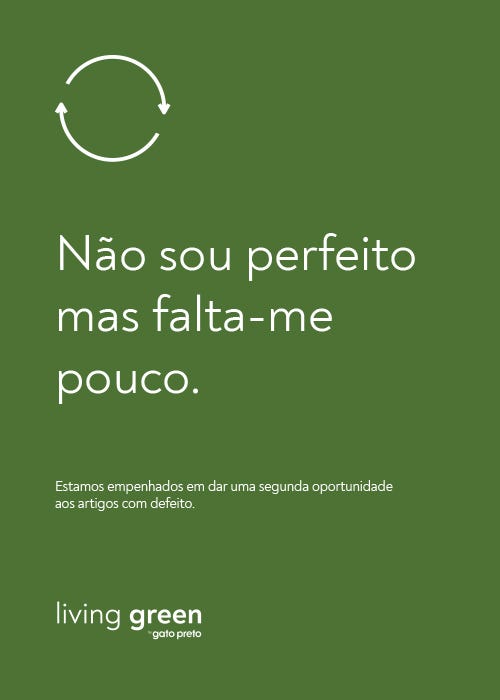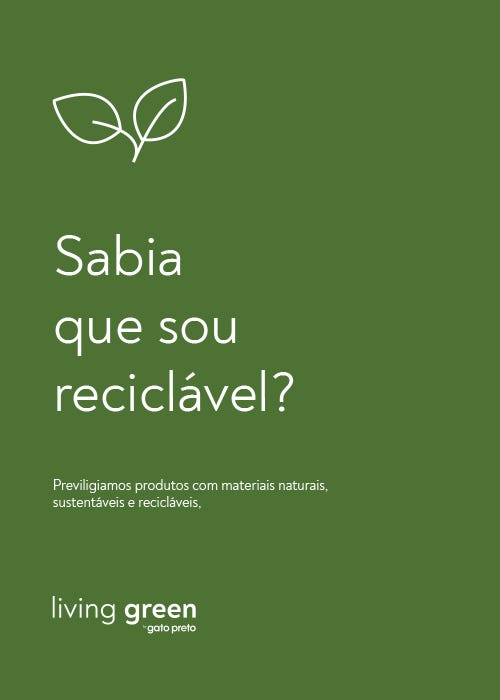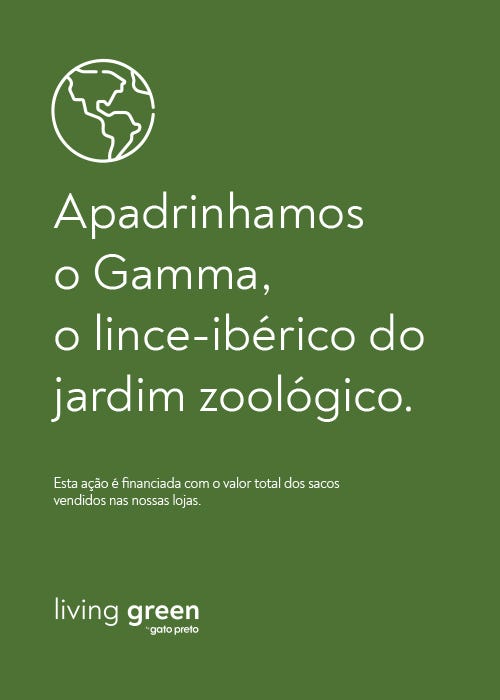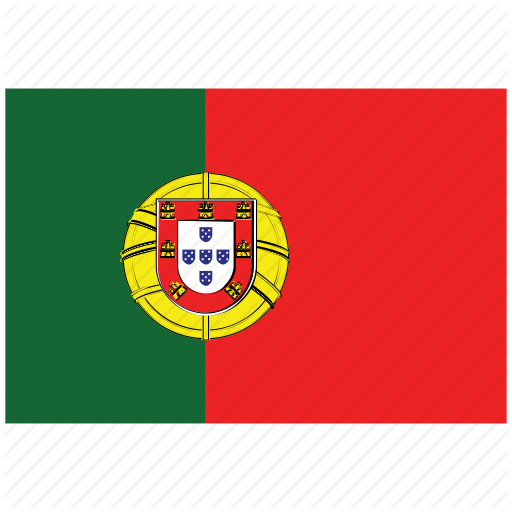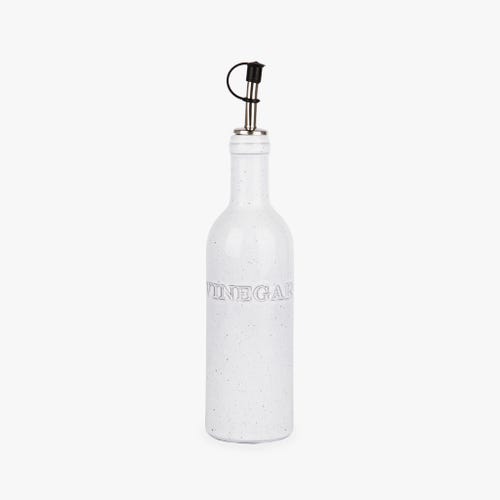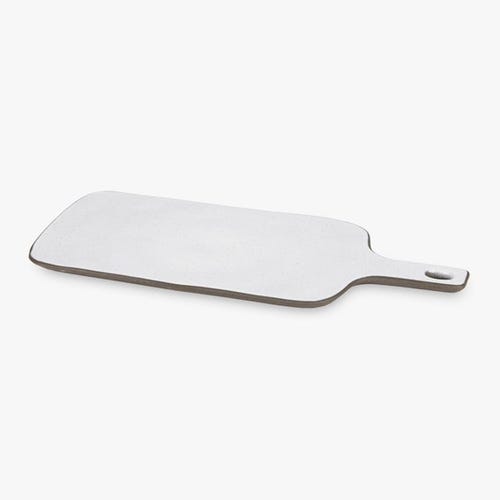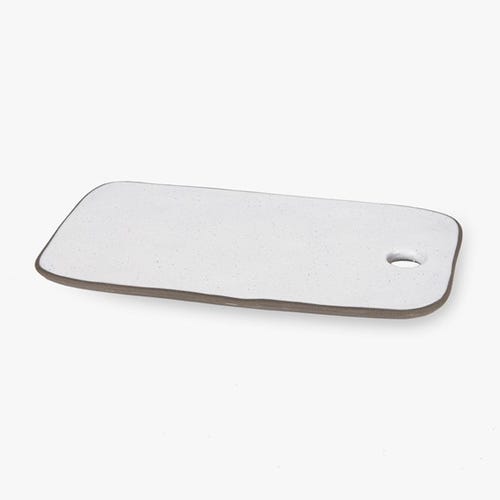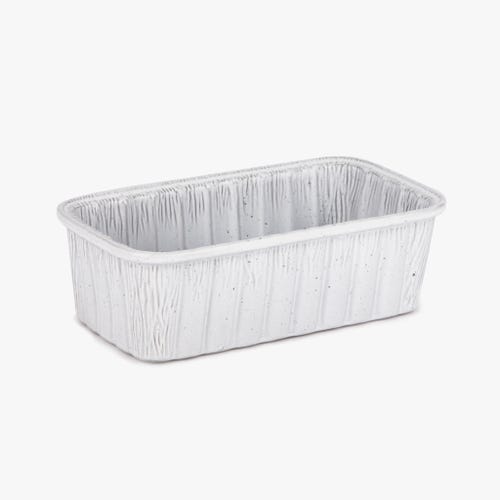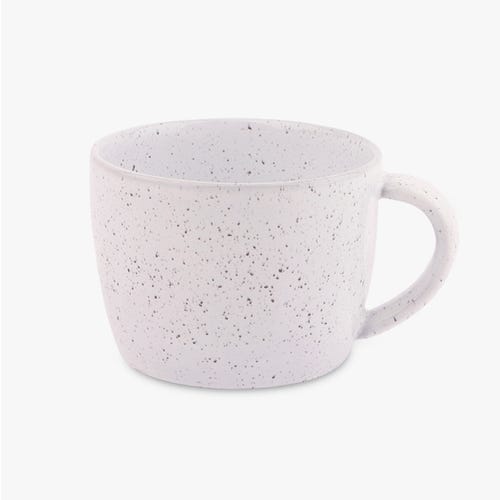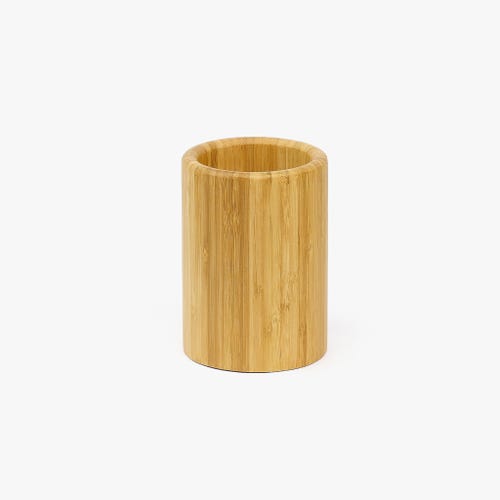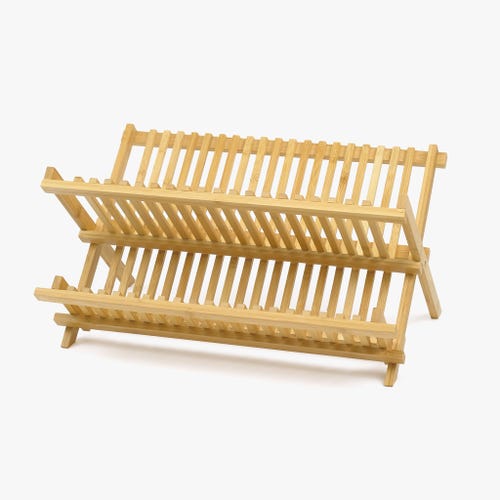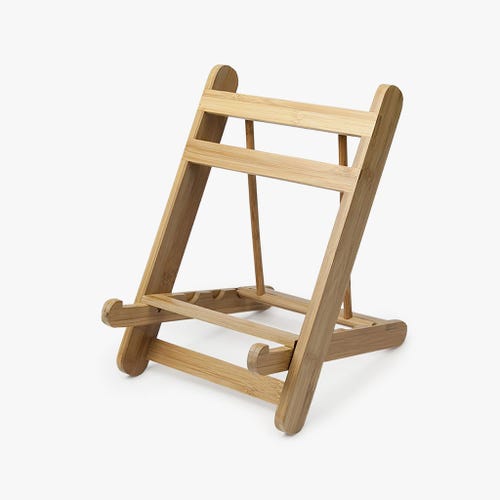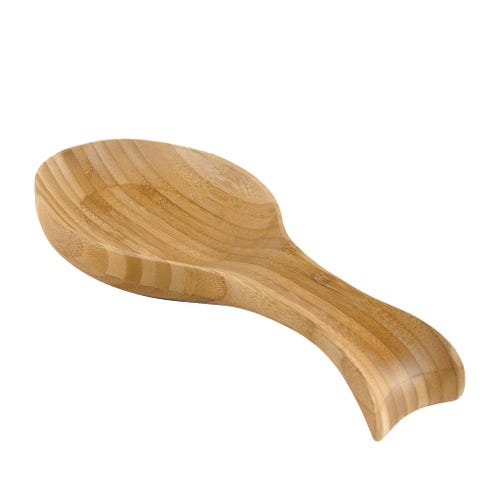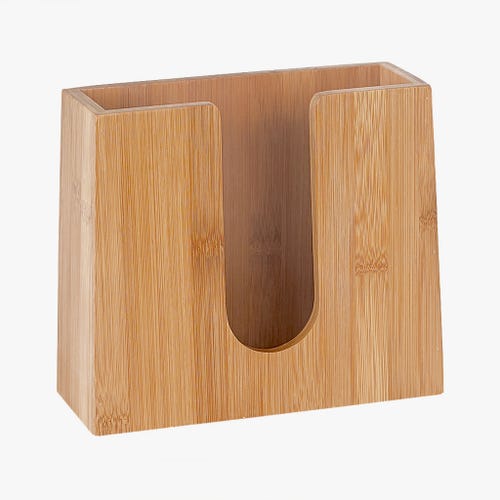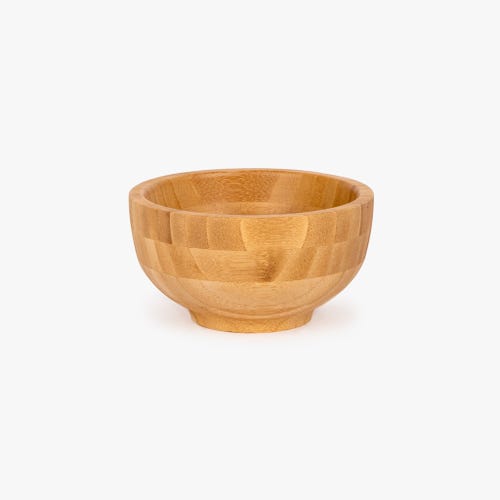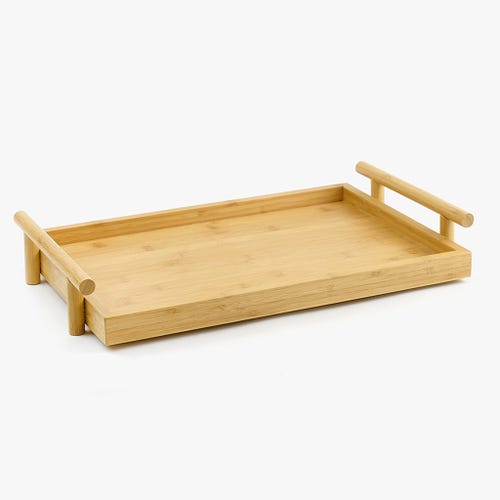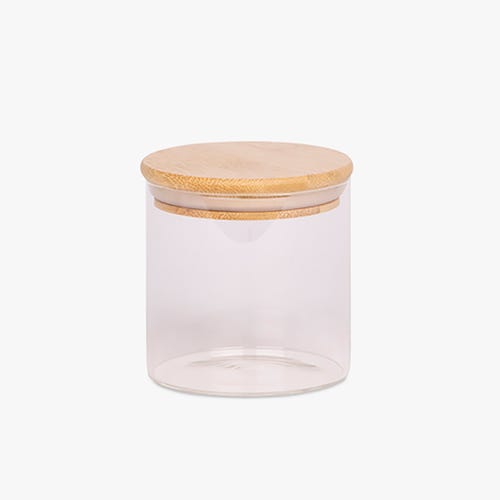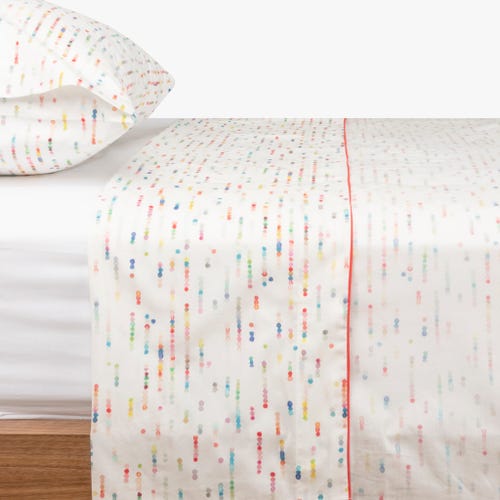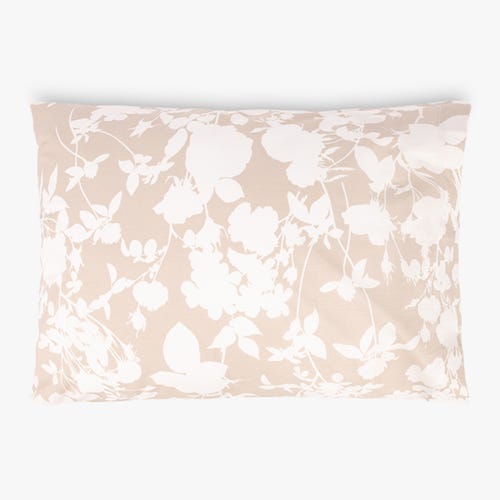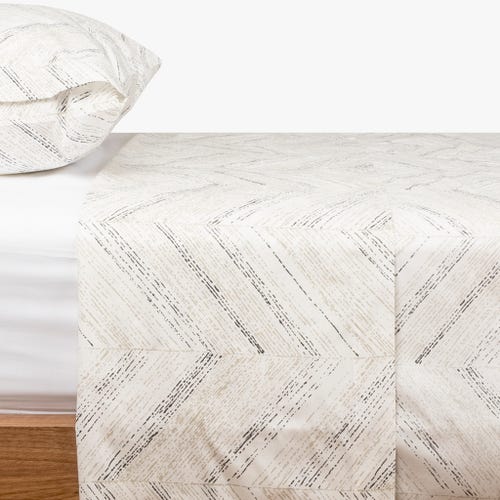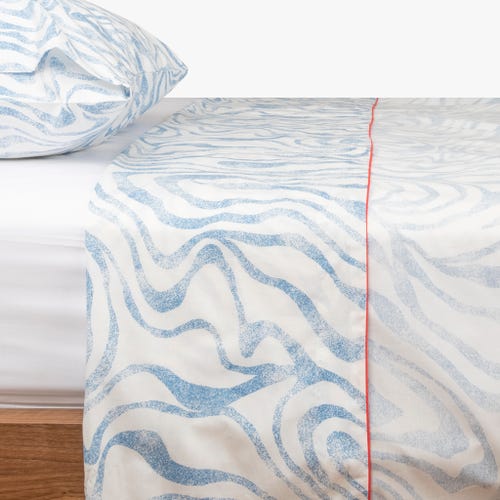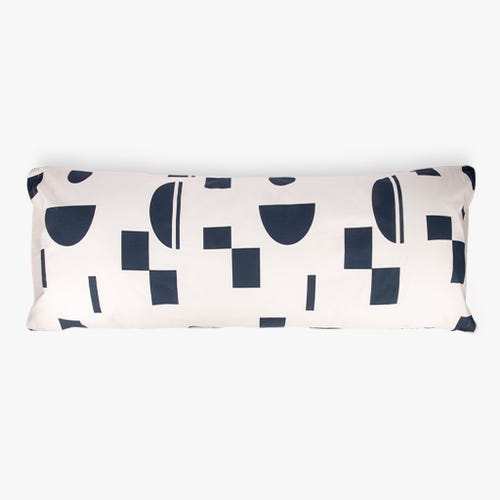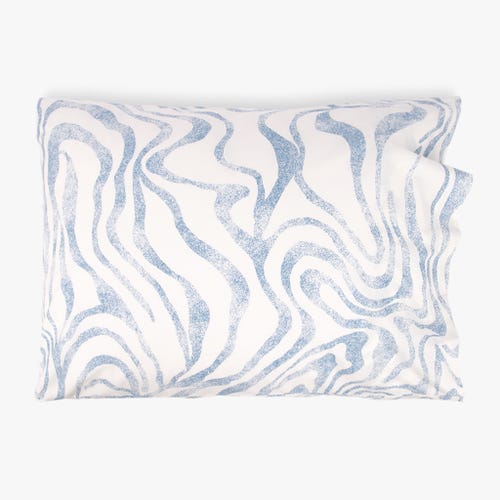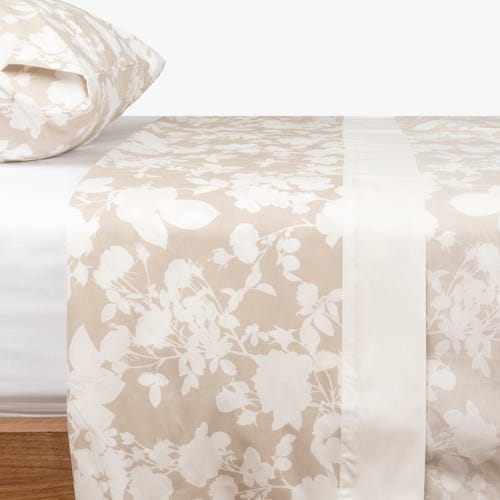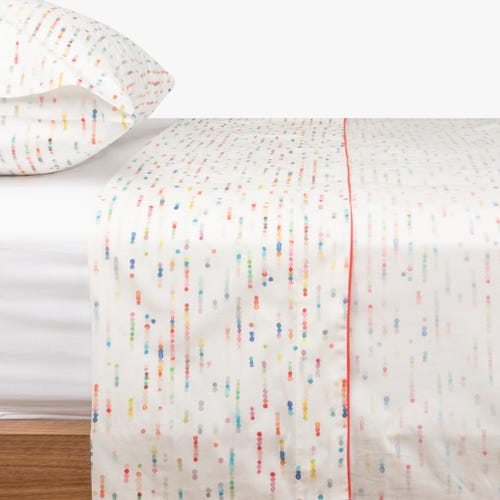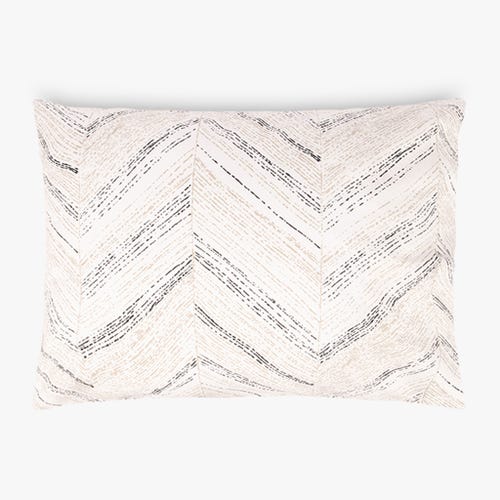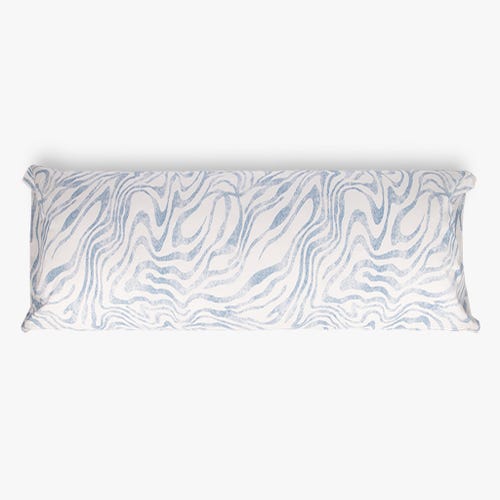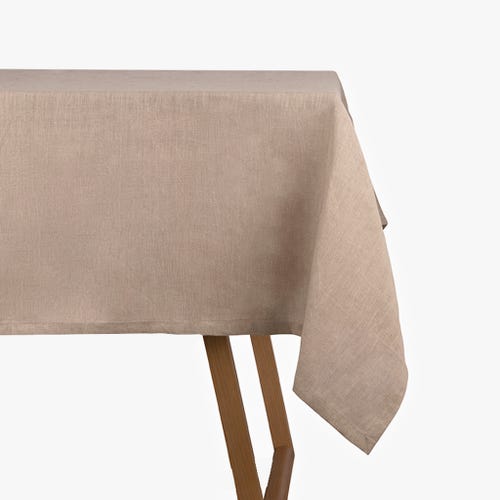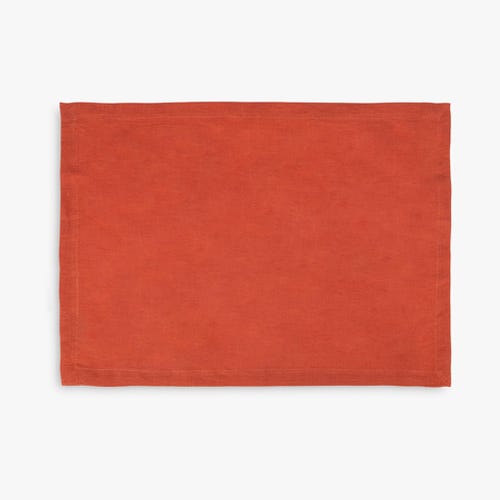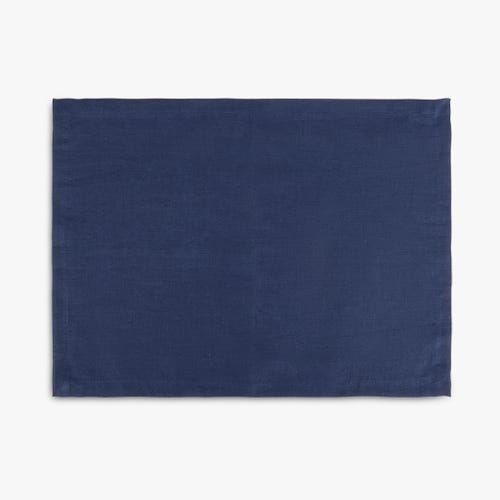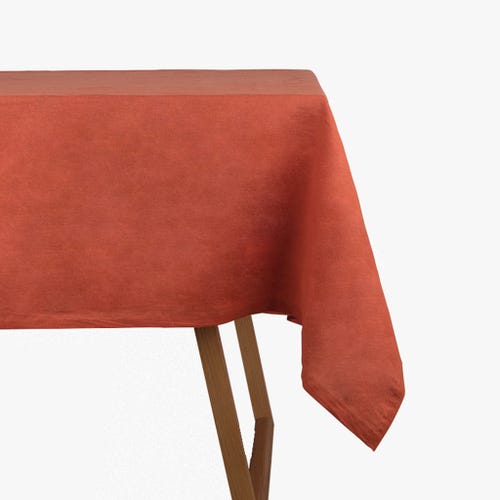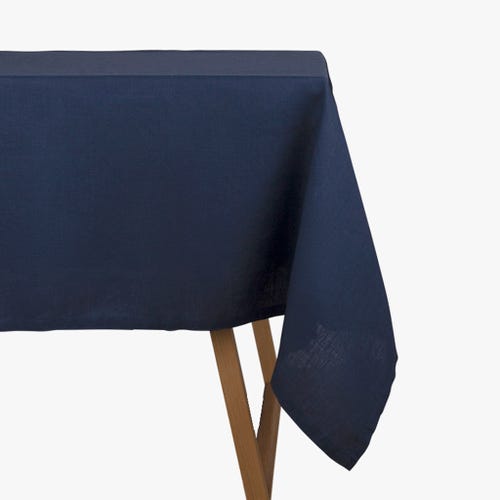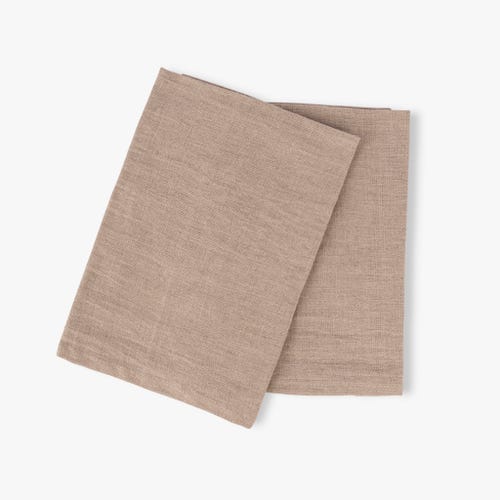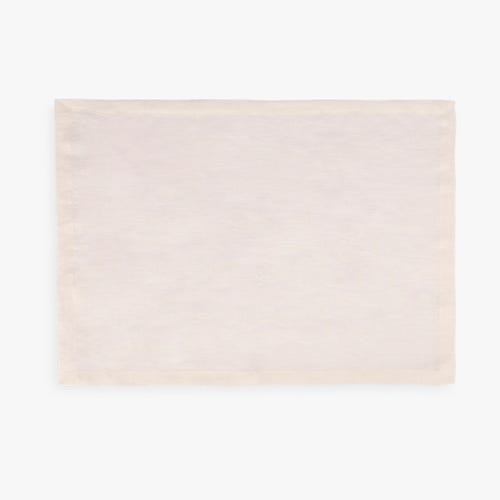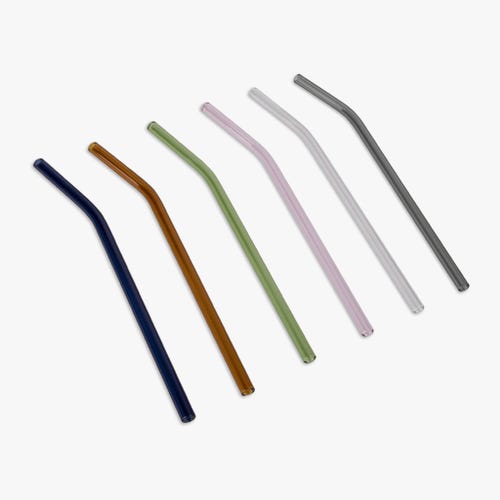
OUR COMMITMENT
Gato Preto has been implementing practices and products that aim to reduce its environmental footprint. Thus was born the "Living Green", the concept that encompasses all our sustainable initiatives. We seek to promote an extension of product life and also bet on eco-friendly products.
Our social responsibility goes far beyond the concern with our products; we have adopted an Iberian lynx and aim to raise awareness of all endangered species and other such important issues.
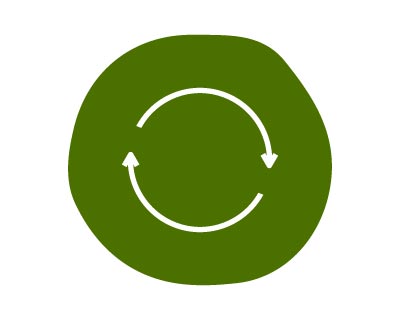

CIRCULAR ECONOMY
We give defective items a second chance.
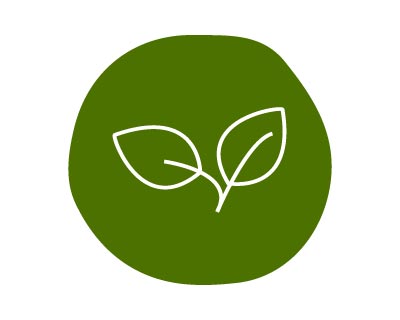

ECO-FRIENDLY PRODUCTS
Increase the range of recyclable and environmentally friendly products.


SOCIAL RESPONSIBILITY
Respect for our environment, people and society.


We believe that products with small faults can be given a second chance, so we promote the extension of their useful life and avoid waste. You can find these Living Green items in our physical stores at a more affordable price, identified with their respective seal.
They are not perfect, but they lack little!
We raise awareness in our community as well as support causes and institutions.
We contribute to the new institution Ajuda do Berço and the value of the bags reverts to the sponsorship of the Iberian lynx, Gamma. A species that only exists in the Iberian Peninsula in danger of extinction preserved in the zoo.
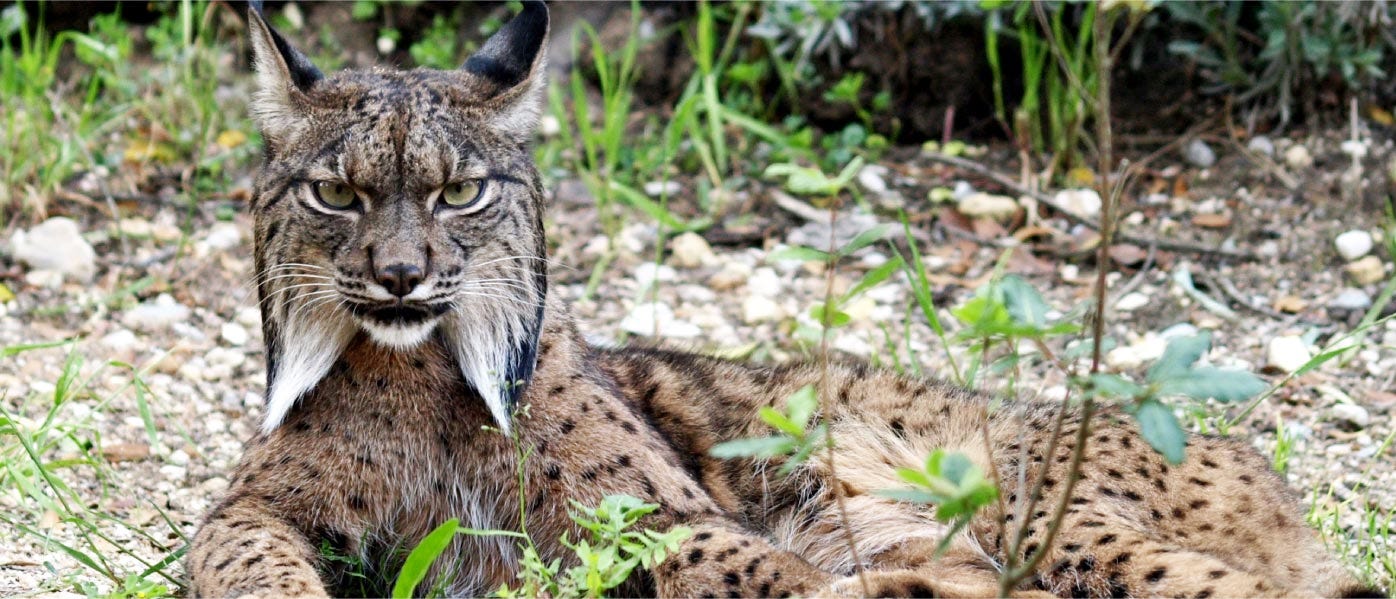

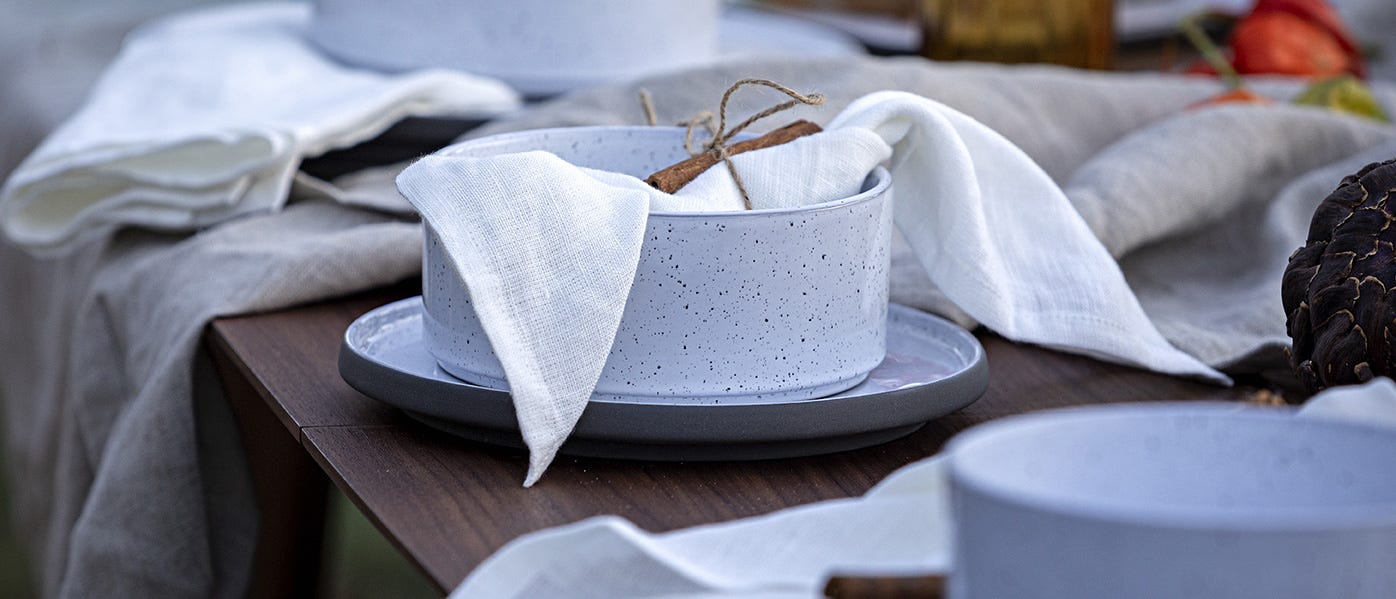

We choose eco-friendly products and rely on recycled or surplus materials, thus reducing our ecological footprint.
Discover the materials present in our articles as well as our collections:
ECO-FRIENDLY PRODUCTS
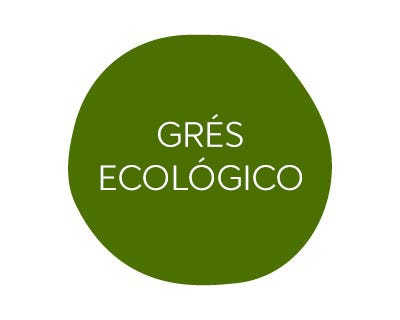

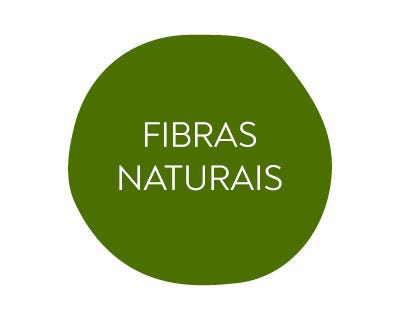

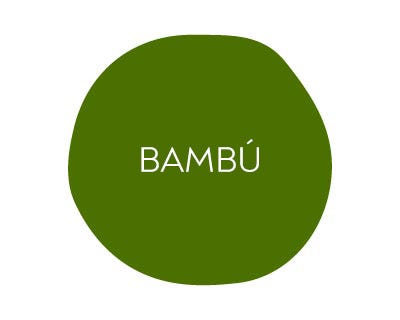

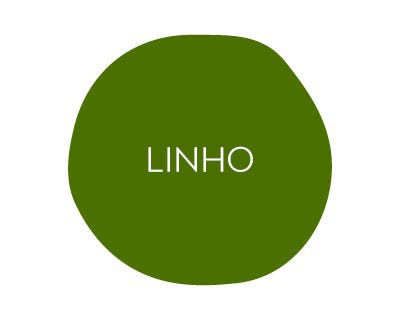

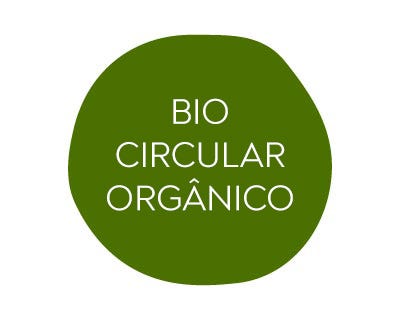

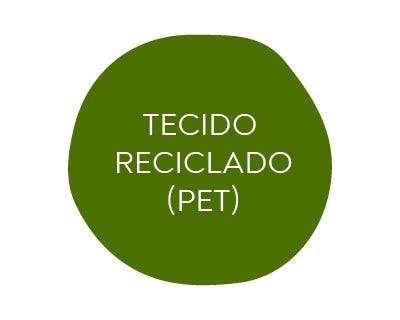

OUR ECO-FRIENDLY COLLECTIONS
ECOLOGICAL GRES
The Oslo collection, with a strong sustainable stamp, is a collection made in Portugal, produced with ecological stoneware from recycled materials, from surplus ceramic production.
This recycled paste consists of more than 90% recycled by-products and constitutes numerous advantages for the environment, thus decreasing the use of energy and natural resources. Also, its high-temperature single-baking process reduces gas emissions into the atmosphere.
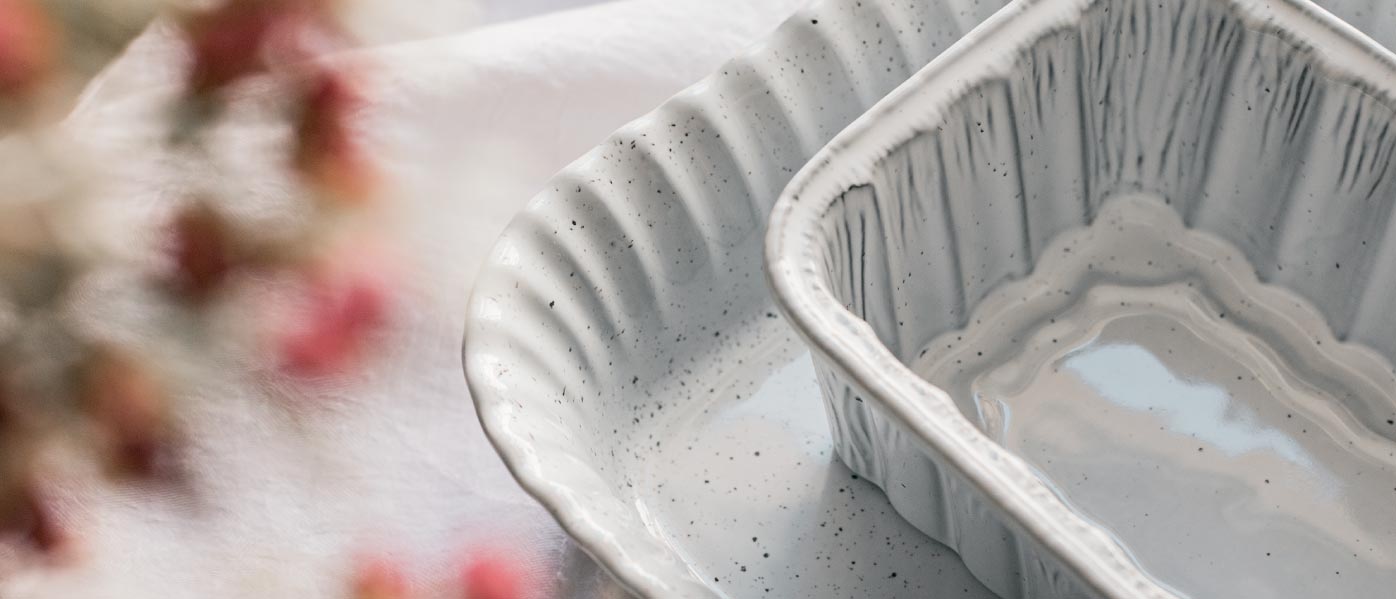

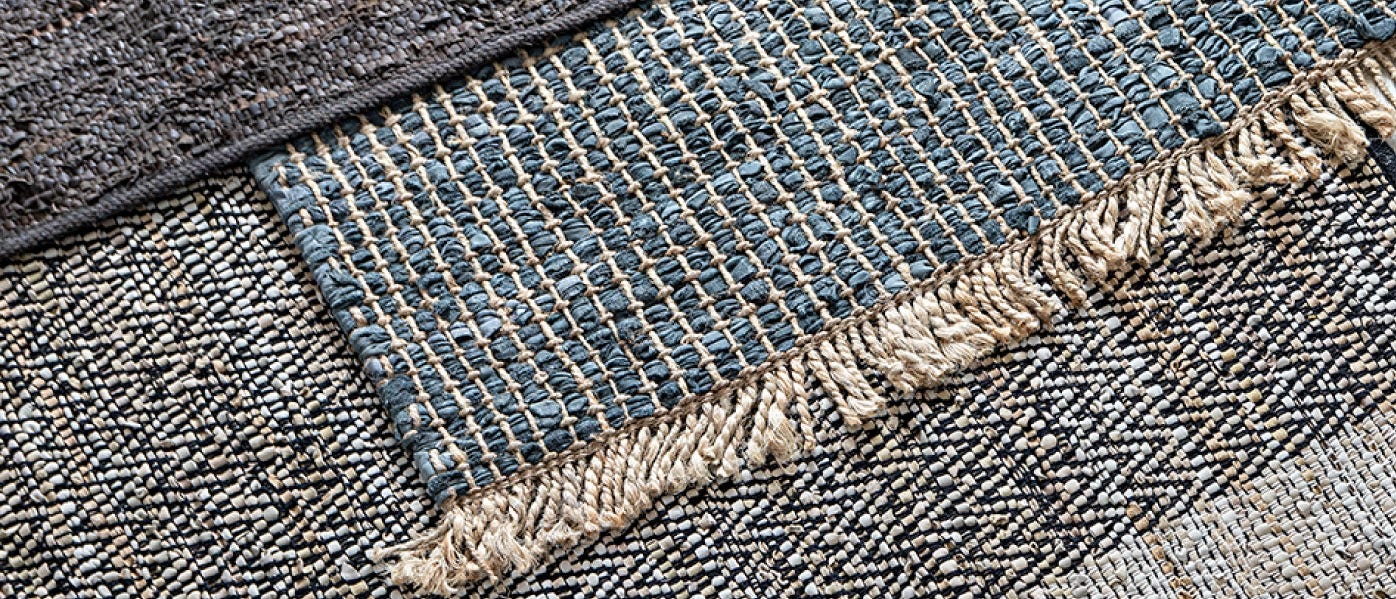

NATURAL FIBERS
Our rugs are made from natural fibers, such as jute, wool, or cotton.
Made by hand, these fibers have the advantage of being anti-static, wear resistant, environmentally friendly, and easily recyclable and biodegradable. They also contain none of the harmful chemicals emitted by synthetic rugs.
BAMBOO
All of its environmental benefits are what makes bamboo an incredible material for the production of some products.
The fact that no fertilizers are needed for bamboo to grow quickly, the durability it gives to products and materials, and its natural self-regeneration are what makes it one of the most important materials for those who are changing their habits in favor of the environment.
It is biodegradable, compostable, and even reusable.
Since it is a fiber with antibacterial properties, it is indicated for food contact products.
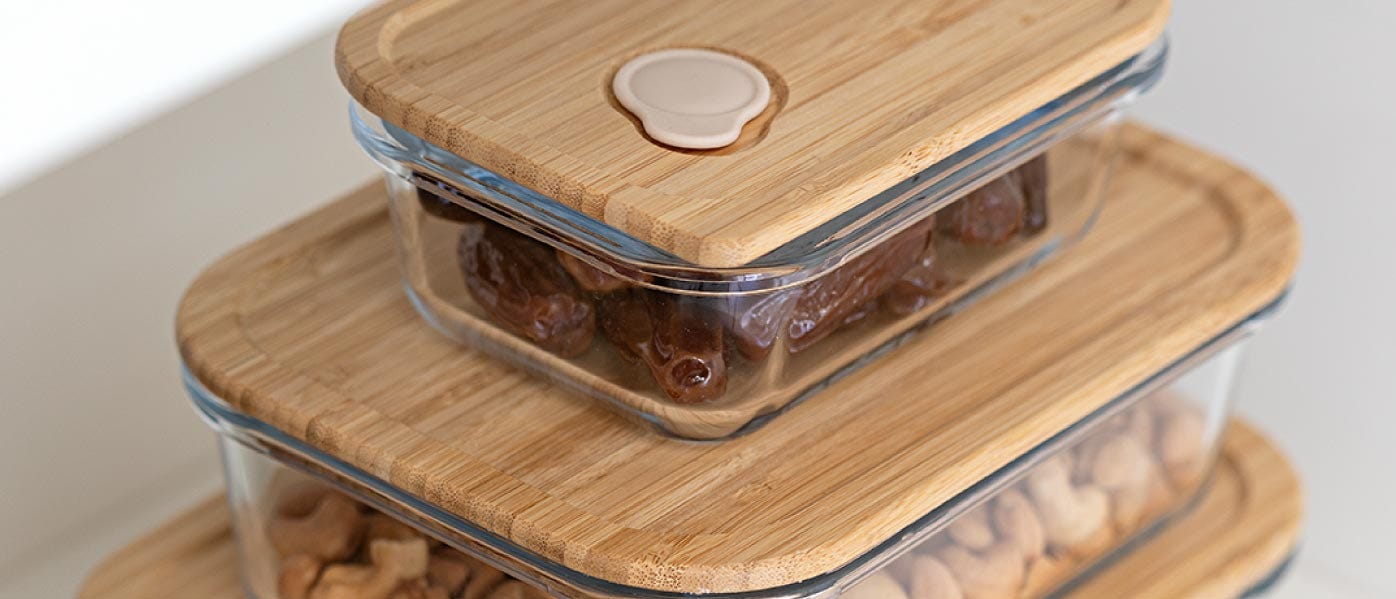

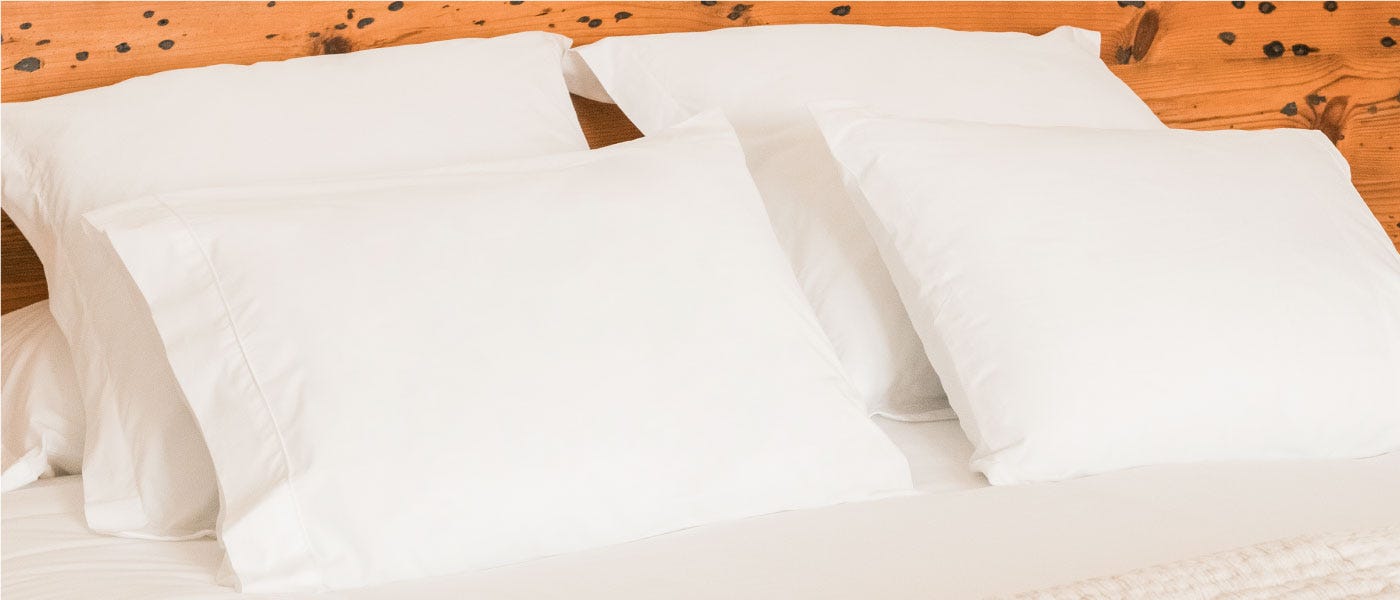

SUSTAINABLE COTTON
Of vegetable origin, the cotton in the Samoa bed linens is made from sustainably sourced cotton (Better Cotton certificate) and produced in Portugal.
The production of this cotton seeks to adopt better agricultural practices and improve the conditions of the communities that grow it, encouraging them to use water efficiently, care for the health of the soil and natural habitats, reduce the use of harmful chemicals and promote decent work.
Our bedding is 100% percale cotton, a fabric with fine, high-density yarns that gives the sheet softness, durability, and flexibility, resulting in a strong, breathable, and comfortable fabric.
100% LINEN
The collections of linen textiles are a continuous bet, taking into account all the advantages and contribution to the ecological footprint.
Linen is assumed to be one of the most ecological sustainable fabrics in existence: it is naturally organic in its processing, the leftover fiber is used for other purposes, avoiding waste as much as possible, and few chemicals are used in its production.
The fiber made from the stems of the linen plant, is a durable and resistant fabric, easy to wash.
The Jackie line is extremely versatile and gives lightness and freshness.


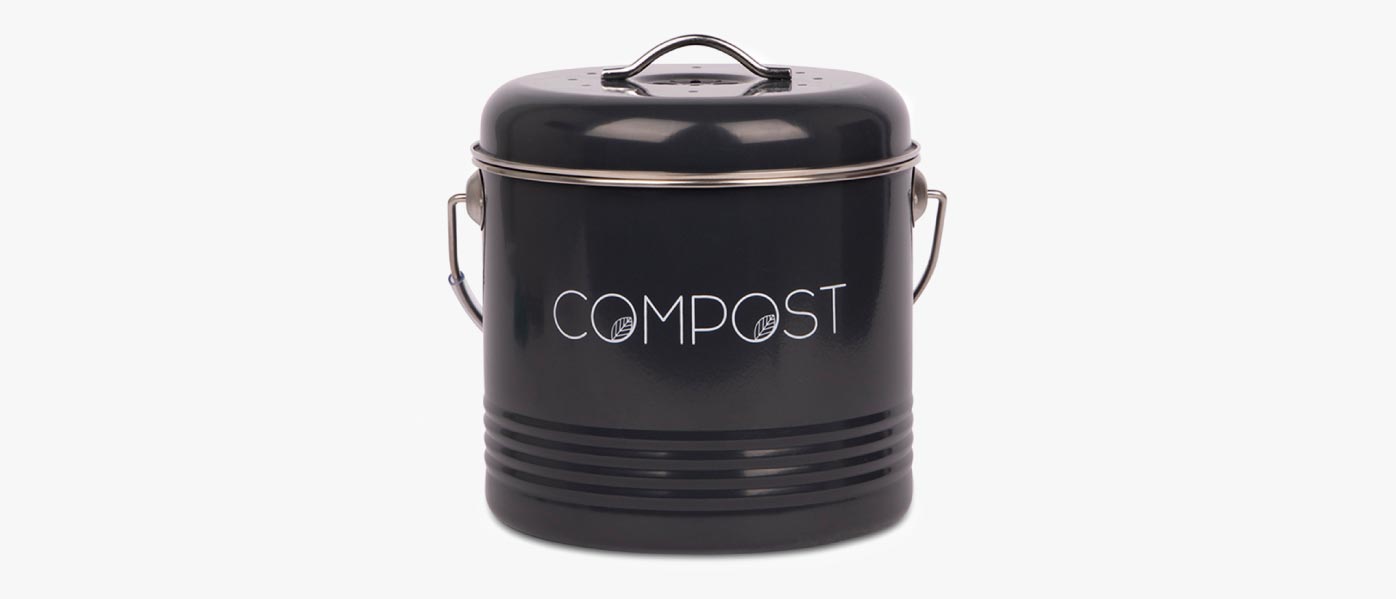

COMPOST BUCKET
Changing our habits is essential and composting is a great solution.
Composting at home is simple, hygienic, reduces the organic waste that would go to landfills, contributes to the reduction of greenhouse gas emissions and also minimizes soil and groundwater pollution.
It is a simple way to turn food waste into nutritious compost that can feed many plants.
ORGANIC BIO CIRCULAR
This innovative material consists of a mixture between bio circular plastic and wood fibers. The circular plastic is made from recycled sunflower and rapeseed oil from industry and gastronomy. The oils are collected and processed into plastic in a special recycling process. The wood fibers are obtained from leftover trees from forest maintenance and waste from paper production.
All this wood comes from European cultivation and is FSC® certified. This material combines the properties of wood, such as natural insulation, with the advantages of plastic, such as elasticity, lightness and the ability to be colored. The material is free of melamine, BPA and bamboo, making it food safe and fully recyclable.
Our Fox, Ibo and Zoo collections are made of this new material: 60% Recycled Polypropylene (Bio-circle material) and 40% Certified Wood.
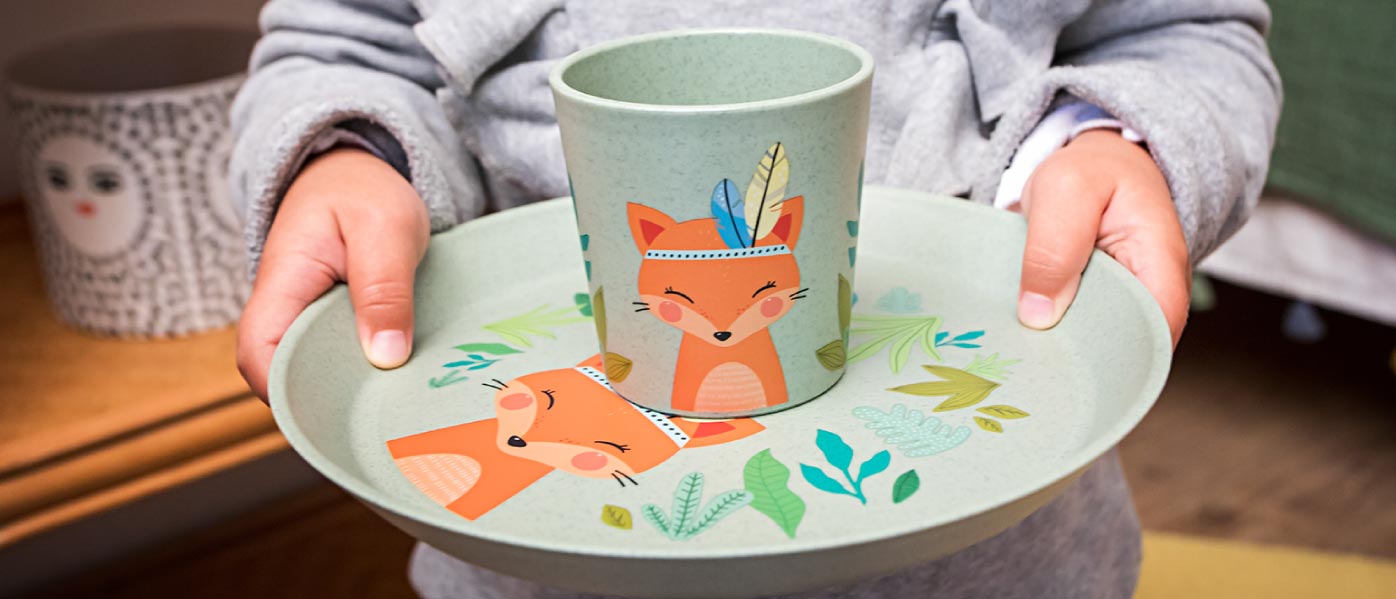

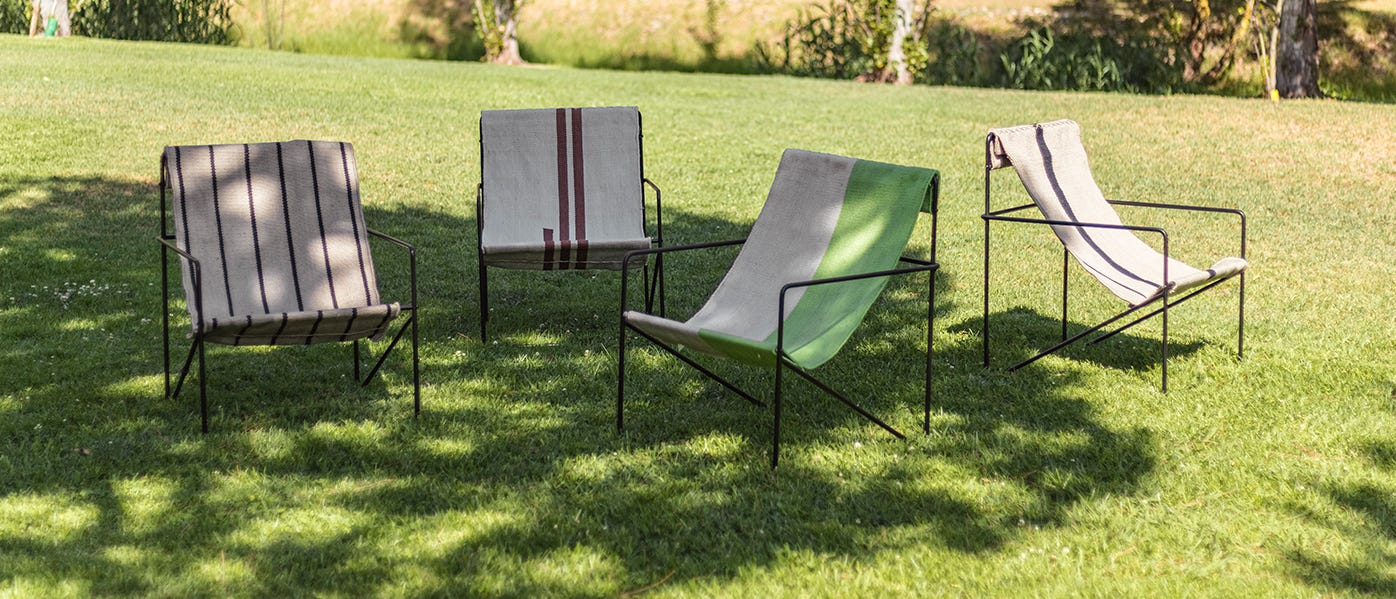

RECYCLED FABRIC (PET)
Inspired by the lands of Sri Lanka, the Mirissa chairs are the perfect choice for a relaxed and welcoming environment that refers to this paradisiacal destination. They feature an iron structure with epoxy finish, which gives them greater resistance and durability. They are the ideal solution for those looking for options that can adjust to any room, including outdoor and indoor spaces. With neutral colors aligned with nature, it is considered a discreet piece that can fit into any decor.
To extend the life of this product, you can wash and replace its fabric.
The Mirissa collection is made with 100% recycled PET fabric, made from recycled bottles, thus reducing the consumption of single-use plastics and boosting new flows of recycled materials. This material also has as benefits its high strength, flexibility and waterproofing.
MORE RELATED ARTICLES
